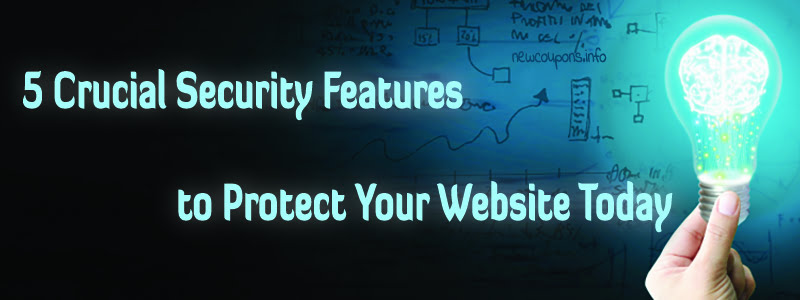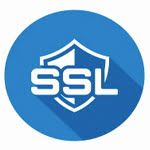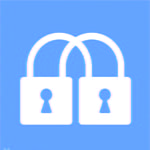I bet you did not know that March is known as fraud prevention month. This is therefore, the perfect time to mention a few things that you can put in place to increase your website’s security. While most web host providers provide a number of services that help secure websites, there are still a number of things you can do to ensure hackers do not gain access to your website and malware and other malicious programs do not compromise your website.
SiteLock and SSL certificates are just some things that you can use to increase your website’s security. This article will go deeper into these and more service that you can put in place to secure your website and what you stand to gain from them.
1. Security Scanning using SiteLock
Even though there are hundreds of external services that you can use to secure your website from unauthorized access, not many can rival SiteLock when it comes to security scanning. It is possible that you have come across its secure badge on thousands of websites on the internet.
SiteLock helps check your website for several security issues that include Cross Site Scripting vulnerabilities, SQL injection scans, and even scan your websites for malware that may be residing on your website. After these scans, a report will be sent to you containing some things that you should keep an eye on.
Knowing that you will not have to spend money on security experts or have to do these scans manually, the price SiteLock charges becomes a worthy investment.
2. Using SSL Certificates
SSL (Secure Socket Layer) is a service used to secure websites on the internet. To know that a website is secured using SSL, a green lock will be displayed on your browser when you are browsing the website. SSL works by encrypting your communication with the website. Therefore, when you are transferring sensitive information, your website will always make sure to use SSL.
Without an SSL certificate, the information you pass to your website may be intercepted by malicious people. To get started, you will need to have an SSL certificate and a dedicated IP address. After installing, all information sent from your website will be encrypted. It is also important to note that Google prefers websites that encrypt information over HTTPS connections over plain HTTP. It does not hurt to please Google especially because doing so will mean that you will rank higher in search results.
3. Protect your Domain Registration Information
When a website is registered, the owner’s personal information is made public on the WHOIS database. This means that to get the detail of a person who registered a domain, all you need to do is do a WHOIS search of the domain.
Good news however, is that most domain registrars offer services to protect your information. But to use this service, you are required to already have a domain name registered with them. When you use this service, instead of having your name, address, and phone number listed on the WHOIS database where it will be available to the public, your personal details will be hidden from the public.
Without this service, it would be easy for data miners to pick your personal information and add you to email or calling lists. You would then start getting calls from telemarketers and junk email that you did not subscribe to.
The domain name protection service can also be added to any domain extension irrespective of whether you have a .com, .net, .org, .info, .biz, .co or any other domain extension. This is one way of beefing up security on your website. It will also help you avoid receiving junk mail or receiving calls from telemarketers.
4. Keep your Software Up-to-Date
While this seems obvious, it is worth mentioning because so many overlook it. hackers work around the clock to find weaknesses in scripts and other software and leaving them outdated risks your website. Even popular scripts like WordPress fall victim and thus need to be updated often. A good way of ensuring your website is always updated is to enable automatic updates so that your scripts, themes, and plugins will be updated immediately updates are available. It is especially important to ensure your plugins are updated because they can easily cause security breaches that could be exploited.
Luckily, many website scripts have links to their developer websites where more information can be obtained on how to make them secure. Therefore, when you have third party scripts running on your website, it is best to always do your homework to ensure you are always safe.
5. Always use STRONG Passwords
It is saddening that so many people still use very weak passwords. The importance of a strong password cannot be overstated. When wondering the type of password to use, ask yourself which one is better: to forget a complicated password, or have your account hacked into?
Weak passwords are the biggest security risk for websites. You therefore need to ensure you use strong passwords that are complicated enough to avoid being hacked but easy enough to remember.
Days when people used their mother’s middle names or pet names as passwords are long gone. Strong passwords should include upper and lower case letters, numbers, and special symbols. The harder your password is to hack, the more secure your website is.
For website managers and administrators of scripts like blogs and forums, it is important to always make sure that passwords are stored as encrypted entries. Luckily, many scripts come with this functionality already built in but it does not hurt to double check. Also develop a habit of changing your password often.
 Conclusion
Conclusion
Fraud presents itself in hundreds of shapes and sizes. These five tips will go a long way in ensuring that your website is a lot more safer by being much more harder for hackers to gain access. If your website’s security is important to you, you should take time to look into SiteLock, SSL certificates, how to protect your domain registration information, and how to keep your scripts updated. Finally, make sure your passwords are strong.









